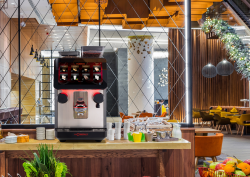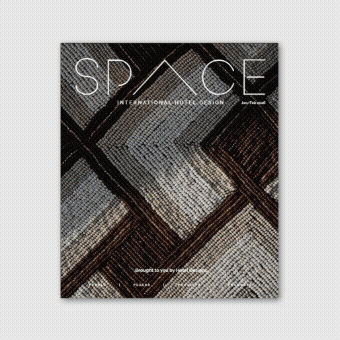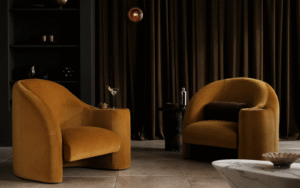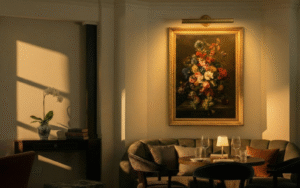Story-driven experiences has transformed the nature of luxury in the hospitality industry – hotels used to compete on tangible assets, but now they compete on their ability to offer genuine stories that captivate their clients and forge long-lasting impressions…
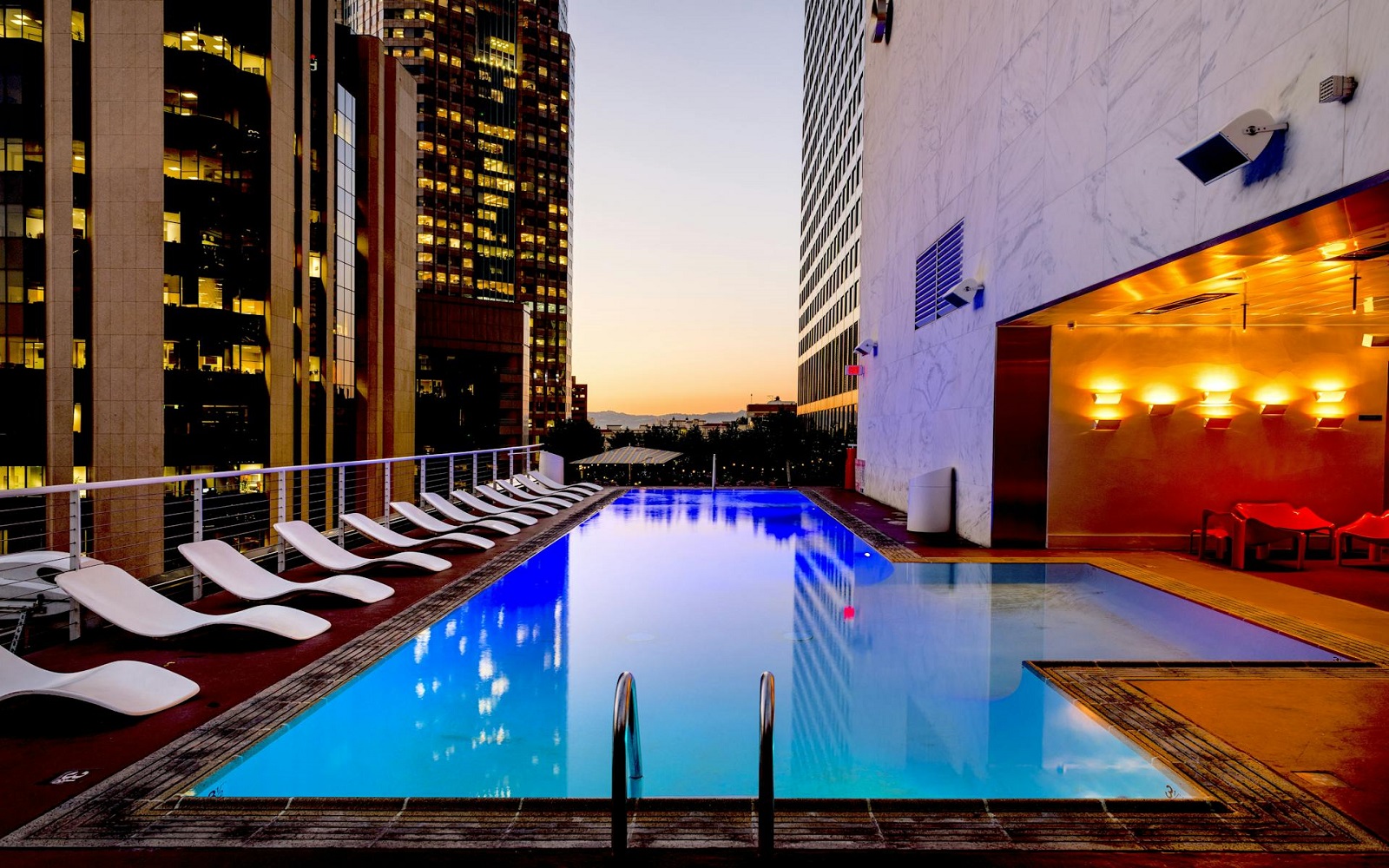
The development of luxury in hotels has reached a phase where storytelling weighs just as heavily as thread counts or square footage. People want more than accommodation; they want an experience that aligns with a story they can relate to. This shift has altered how properties promote themselves, how spaces are designed and how engaging it is.
From amenities to narratives
Excess equals luxury – premium lobbies, wealthy suites or elaborate facilities. Though those remain true, they’re no longer the ultimate credential. Guests now assess value by meaning. By local cultural engagement, environmental responsibility or cultural rejuvenation, the story behind the building equals the service provided, building a stronger bond that associates personal values with travel decisions.
The story’s focus spans every level of hospitality. Boutique hotels may utilise small-scale, local narratives, whereas larger international chains construct brand-level histories of mission and identity. This emphasis extends the experience beyond material levels, providing an emotional involvement that fosters loyalty and enhances the sense of exclusivity that is a hallmark of true luxury. It also binds the hotel into a larger cultural and social framework.

Image credit: Pexels / Tirachard Kumtanom
The rise of narrative-led branding
The requirement to tell compelling stories has rendered specialist partners even more critical. A hotel branding agency may collaborate with operators to distill cultural context, architectural design and service philosophy into a story that will ring true among today’s travellers. Those companies refine the language, tone and images that decide a property’s position within a competitive market so that every aspect speaks authenticity and aspiration rather than generic luxury statements.
Continuity among physical and online touchpoints keeps the story from breaking apart. A hotel website, an interior design scheme and even ordering guest interactions become part of the story. By linking them to each other under a broader theme, properties sidestep the blanket luxury label and carve out a distinct niche within an increasingly crowded market. A compelling story often plays the tiebreaker when travellers decide among similarly positioned properties, particularly when options otherwise converge on cost or facilities, allowing narrative differentiation to become the determining factor in brand preference.

Image credit: Pexels / Elina Sazonova
Storytelling as design philosophy
Storytelling is no longer confined to brochures or campaigns. Increasingly, it helps dictate the design philosophy itself. Architects and interior designers often enlist the help of cultural consultants to incorporate local culture into the design of a space. Materials may emanate from regional traditions, artwork communicates the stories of the people and room planning may even refer to cultural protocols.
This blending generates experiential spaces where everything supports the story. Rather than being told a story, the guest lives within it.
Emotional connections and guest loyalty
Luxury is about immersing oneself in the experience rather than adhering to a pre-defined list of services. Emotive storytelling drives repeat business and word-of-mouth. Guests who connect emotionally with a hotel story will recommend it to someone else, verbally regaling them instead of merely listing the facilities utilized.
This transformation has a tangible business effect. Hotels that invest in compelling narrative structures tend to achieve greater satisfaction scores and stronger guest retention.
Future developments of story-emphasised luxury
As hospitality evolves, storytelling will presumably become even more profound as the luxury linchpin. New trends indicate a shift towards hyper-local storytelling, where hotels become more aligned with local identity and cultural custodianship. Others suggest an increasing focus on stories about sustainability, where environmentalism is part of the luxury promise.
This article is part of our paid content offering. To explore sponsored editorial opportunities with Hotel Designs please contact Katy Phillips.
Main image credit: Pexels / Pixabay








